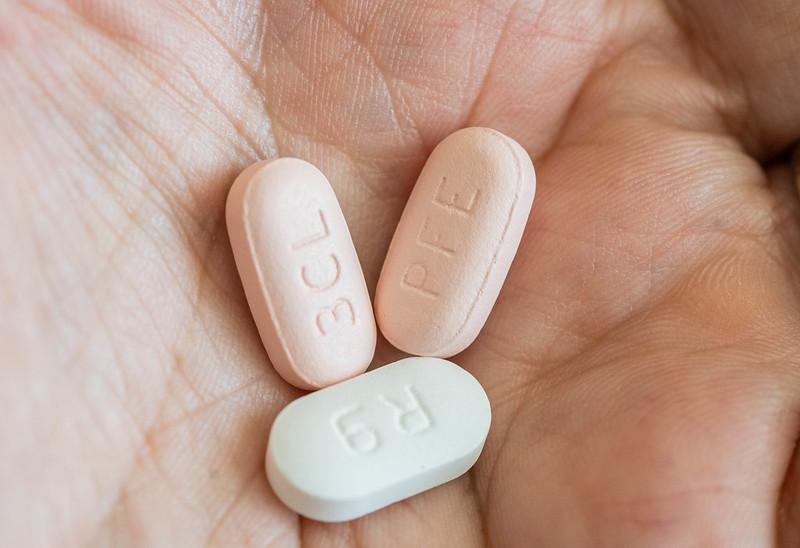
The use of the oral antiviral nirmatrelvir-ritonavir (Paxlovid) was linked to a significantly lower risk of ischemic and hemorrhagic stroke and all-cause death for at least 3 months after mild to moderate COVID-19, according to a study published in the Journal of Medical Virology.
Researchers at Chung Shan Medical University in Taiwan used the electronic health records of 181,992 matched pairs of US adult long-COVID survivors infected in 2022 or 2023 and either treated with Paxlovid within 5 days of diagnosis or given usual care.
The average patient age was 57.3 years among Paxlovid recipients and 47.8 years in the non-Paxlovid group.
Older, obese adults also benefitted
Paxlovid use was tied to a significantly reduced risk of ischemic and hemorrhagic stroke (hazard ratio [HR], 0.85) and all-cause death (HR, 0.68) for at least 90 days after COVID-19 infection. The findings held across age, sex, body mass index (BMI), vaccination status, and underlying diseases such as high blood pressure, diabetes, and high cholesterol levels.
Shared decision-making should be incorporated into clinical practice to balance the risks and benefits of nirmatrelvir/ritonavir.
Older adults and those with metabolic conditions such as obesity also received significant benefits against stroke and death (HR, 0.81 and 0.86, respectively), regardless of vaccination status.
"SARS-CoV-2 disrupts glucose metabolism, impairs β-cell function, and triggers inflammation, leading to long-term metabolic disturbances and endothelial dysfunction," the study authors wrote. "By limiting viral replication and inflammation, Paxlovid may help mitigate metabolic disruptions and preserve vascular integrity, reducing stroke risk in high-risk populations."
The HR for stroke at 6-month follow-up was 0.67 and 0.51 for death. At 1-year follow-up, the HR was 0.75 for stroke and 0.58 for death. At 2 years, the HR was 0.83 for stroke and 0.67 for death.
"Shared decision-making should be incorporated into clinical practice to balance the risks and benefits of nirmatrelvir/ritonavir, taking into account the risk of severe COVID-19, age, comorbidities, prior infection, and potential disruptions to cardiovascular therapy, with alternative treatments considered if necessary," the researchers concluded.


.jpg)











